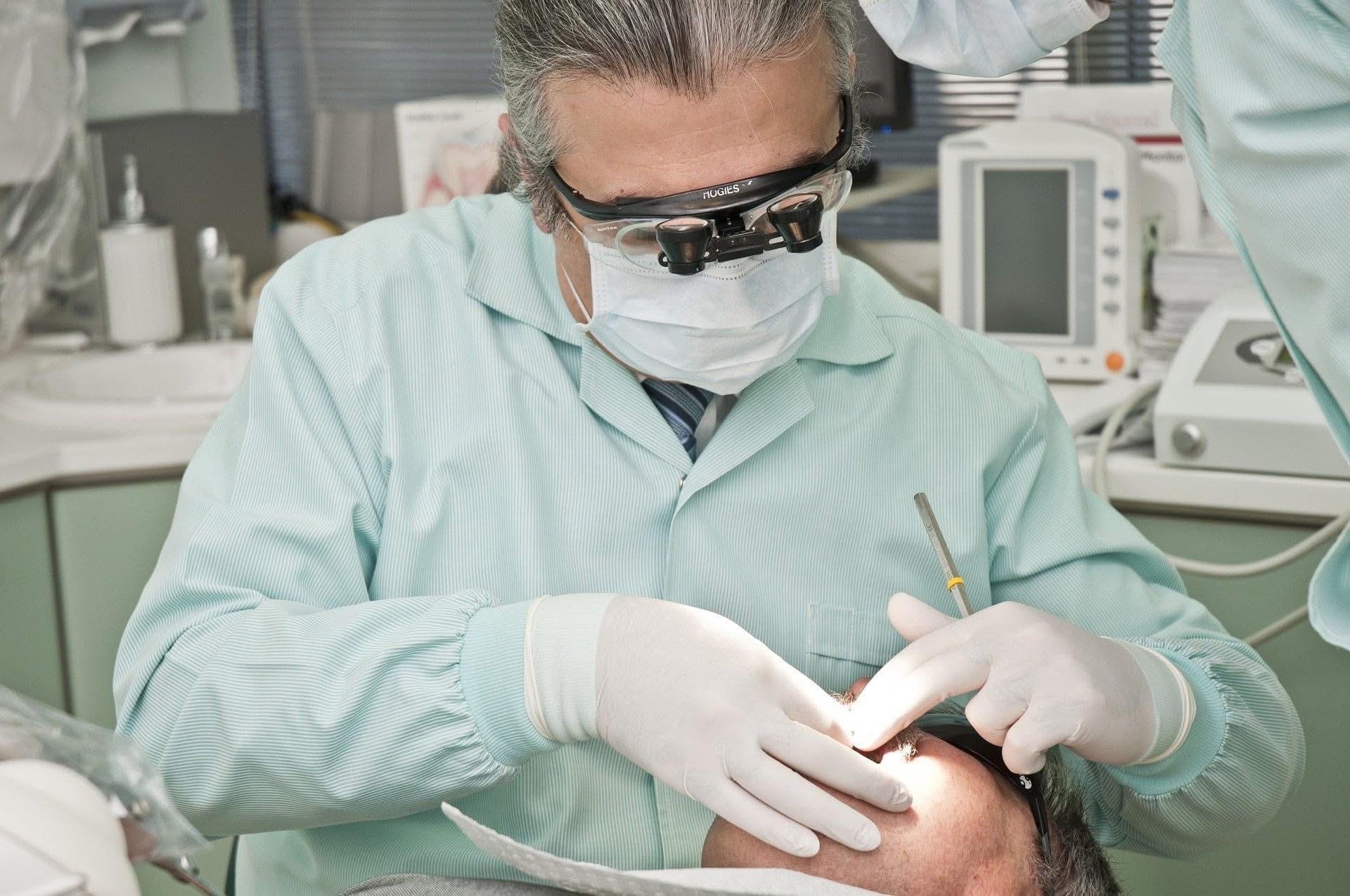 Since the 1950s, chelation therapy has been a leading doctor-recommended treatment option for individuals suffering with heavy metal poisoning. The U.S. Food and Drug Administration (FDA) has approved use of chelation therapy for more than 40 years, deeming it a “safe” and “effective” treatment for lead poisoning in particular (i). The American Cancer Society has likewise promoted chelation therapy, naming it “one of several effective treatments” for heavy metal poisoning in general (ii).
Since the 1950s, chelation therapy has been a leading doctor-recommended treatment option for individuals suffering with heavy metal poisoning. The U.S. Food and Drug Administration (FDA) has approved use of chelation therapy for more than 40 years, deeming it a “safe” and “effective” treatment for lead poisoning in particular (i). The American Cancer Society has likewise promoted chelation therapy, naming it “one of several effective treatments” for heavy metal poisoning in general (ii).
Chelation therapy is most often conducted by introducing a special amino acid solution called ethylene diamine tetraacetic acid (EDTA) into the body. Upon circulating via the bloodstream, EDTA solution binds, or chelates, to toxic heavy metal molecules. This allows the body to naturally flush the heavy metal molecules through the urinary system.
Heavy metal detoxification—whether by way of chelation therapy or other methods—is an essential part of maintaining holistic health and wellness. The human body cannot break down and flush heavy metals on its own, which may lead to potentially toxic and life threatening accumulation.
Chelation Therapy and Cardiovascular Health
Most recently, chelation therapy has been promoted as an alternative therapy for treating other conditions, like cardiovascular disease. Although it is highly regarded as an effective means of heavy metal detoxification, health professionals are divided when it comes to recommending chelation therapy to patients as a treatment for heart related illnesses. Proponents of the alternative therapy say the treatment helps to reverse the symptoms of artherosclerosis, a condition in which the arteries become hardened and blocked by mineral deposits. According to these health professionals, chelation therapy may effectively combat cardiovascular disease by unclogging blocked arteries.
In an effort to help physicians and patients make more informed decisions, the American College for Advancement in Medicine (ACAM) has promoted the study of chelation therapy as a treatment for cardiovascular disease since 1973. In the nearly 5 decades that have passed since its formation, the ACAM has trained and certified numerous physicians to safely administer chelation therapy to patients. Over the years, ACAM-certified physicians have also published several case studies to highlight the safety and effectiveness of the treatment.
In 2003, the ACAM announced the first collaborative study to clarify and further examine the effectiveness of chelation therapy in individuals with coronary artery disease. The study has become known as the Trial to Assess Chelation Therapy (TACT) for Cardiovascular Disease, and the findings were recently presented to the American Heart Association.
Summary: Trial to Assess Chelation Therapy (TACT) for Cardiovascular Disease
For nearly a decade, researchers have been collecting data on participants in the Trial to Assess Chelation Therapy for Cardiovascular Disease. At first glance, the results look promising: Participants receiving chelation therapy saw a slight benefit compared to those receiving only a placebo, exhibiting fewer composite events. Below is a summary of the findings:
- Number of Participants: 1,708
- Duration: Each participant studied for an average of 4 years.
- Test Group: Administered chelation therapy as a means of reducing composite events following heart attack.
- Control Group: Administered a placebo as a means of reducing composite events following a heart attack.
- Outcome: Test Group (treated with chelation therapy) exhibited “significantly fewer” composite events compared to Control Group.
Following the publication of the study, physicians are quick to warn patients and colleagues alike that additional testing is needed to confirm the benefit of chelation therapy in promoting cardiovascular health. The preliminary results are good, however, demonstrating for the first time that chelation therapy provides a documented benefit to patients recovering from heart attack, artherosclerosis, or other heart-related conditions.
This special health report has been produced by Assure a Smile, South Florida’s Home of Holistic Dentistry. For more information, readers are invited to visit the URLs in the Sources section below. Readers may also schedule an appointment with a Miami dentist online, or call our front desk directly at 305-274-0047.
Sources for this health report include:
(i) “Chelation Therapy.” Published on Cancer.org. Accessed November 20th, 2012.
(ii) See above.





